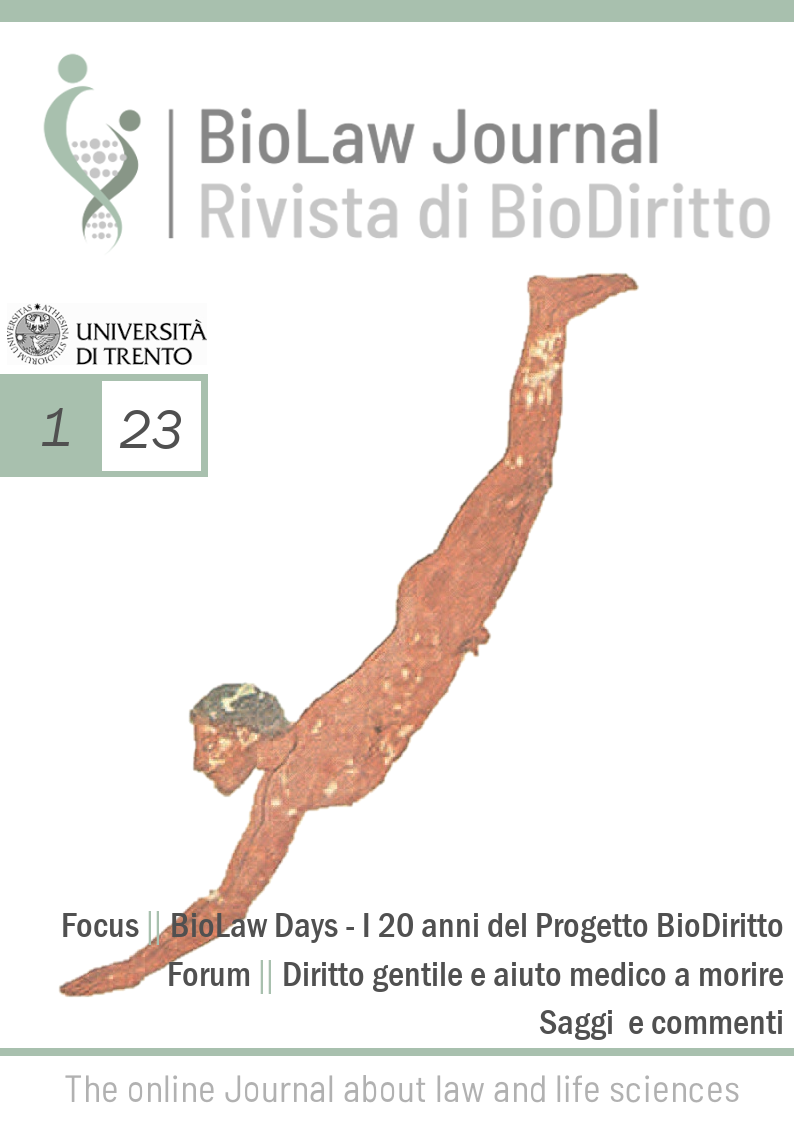The Courts and effective judicial protection during the Covid-19 pandemic. A comparative analysis
DOI:
https://doi.org/10.15168/2284-4503-2641Keywords:
Fundamental rights, judicial review, proportionality, precaution, liabilityAbstract
What role have the courts played during the pandemic? How different has this role been across the globe? Can lessons for a better response to health crises and emergencies be learned from litigation? Starting from these questions, the authors present the main findings of an international project on Covid-19 litigation aimed at collecting and comparing caselaw, within an openly accessible database, from more than 80 countries on all continents, concerning the impact of public health measures upon fundamental rights and freedoms of citizens during the pandemic. This comparative analysis, based on a set of around 2000 decisions from 2020-2022, shows that, although courts have faced very similar challenges, distinct legal traditions have led judges to use different balancing techniques with different outcomes in terms of the control of public powers and available remedies. Actions and omissions have been differently addressed and the evolution of science has significantly impacted judicial review. Areas of litigation have changed overtime, mirroring the evolution of the pandemic and the modifications of governmental strategies. More recently, liability claims are emerging and will probably grow in the near future, offering courts from all over the world a further opportunity to learn from each other. Based on the experience of governments, revisited through the lenses of Covid-19 litigation, scholars, scientists, and policy makers have the opportunity to build on this heritage with the objective of building a better response to future health emergencies that fully respect fundamental rights and the rule of law.
Downloads
Published
How to Cite
Issue
Section
License

This work is licensed under a Creative Commons Attribution-NonCommercial-NoDerivatives 4.0 International License.





